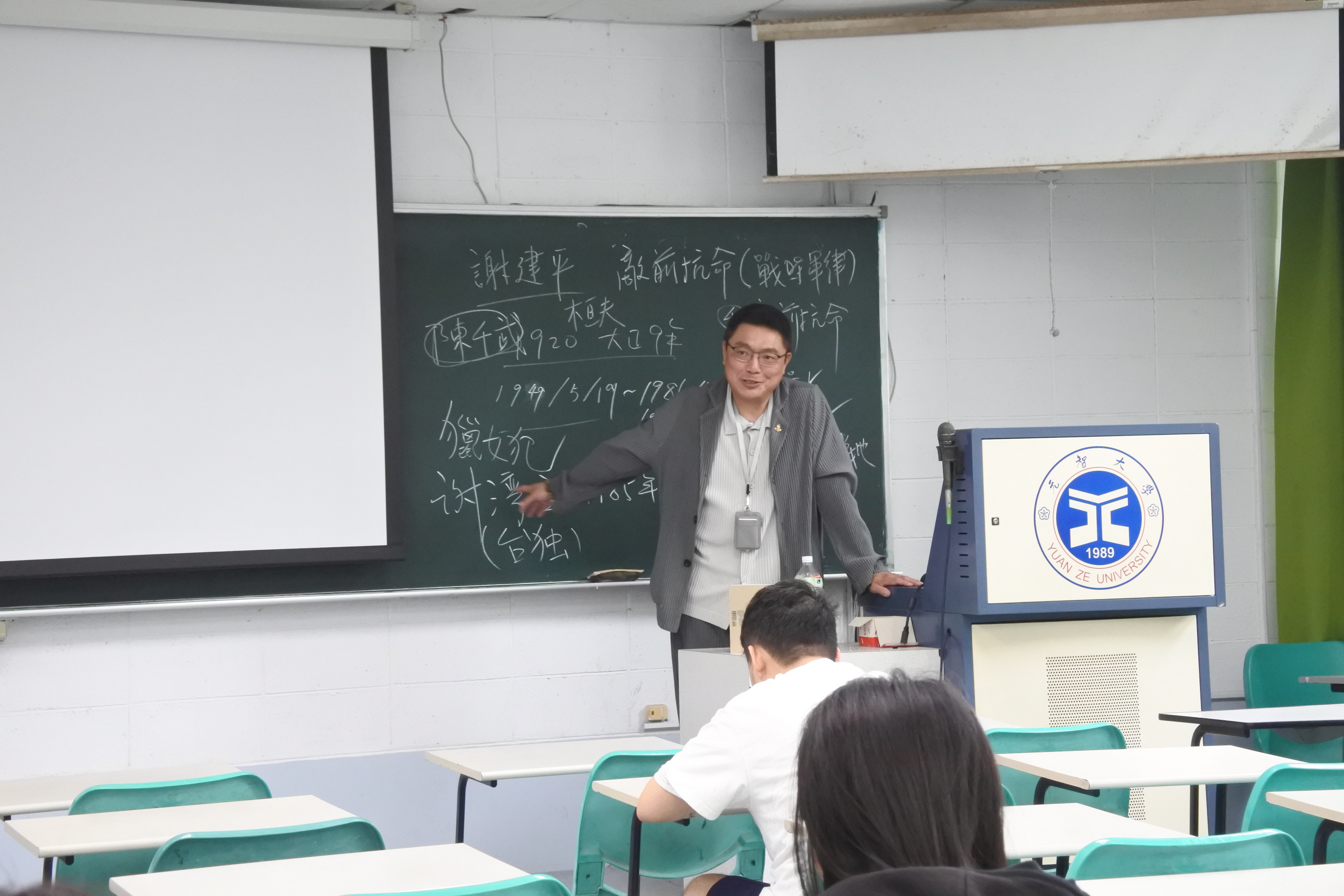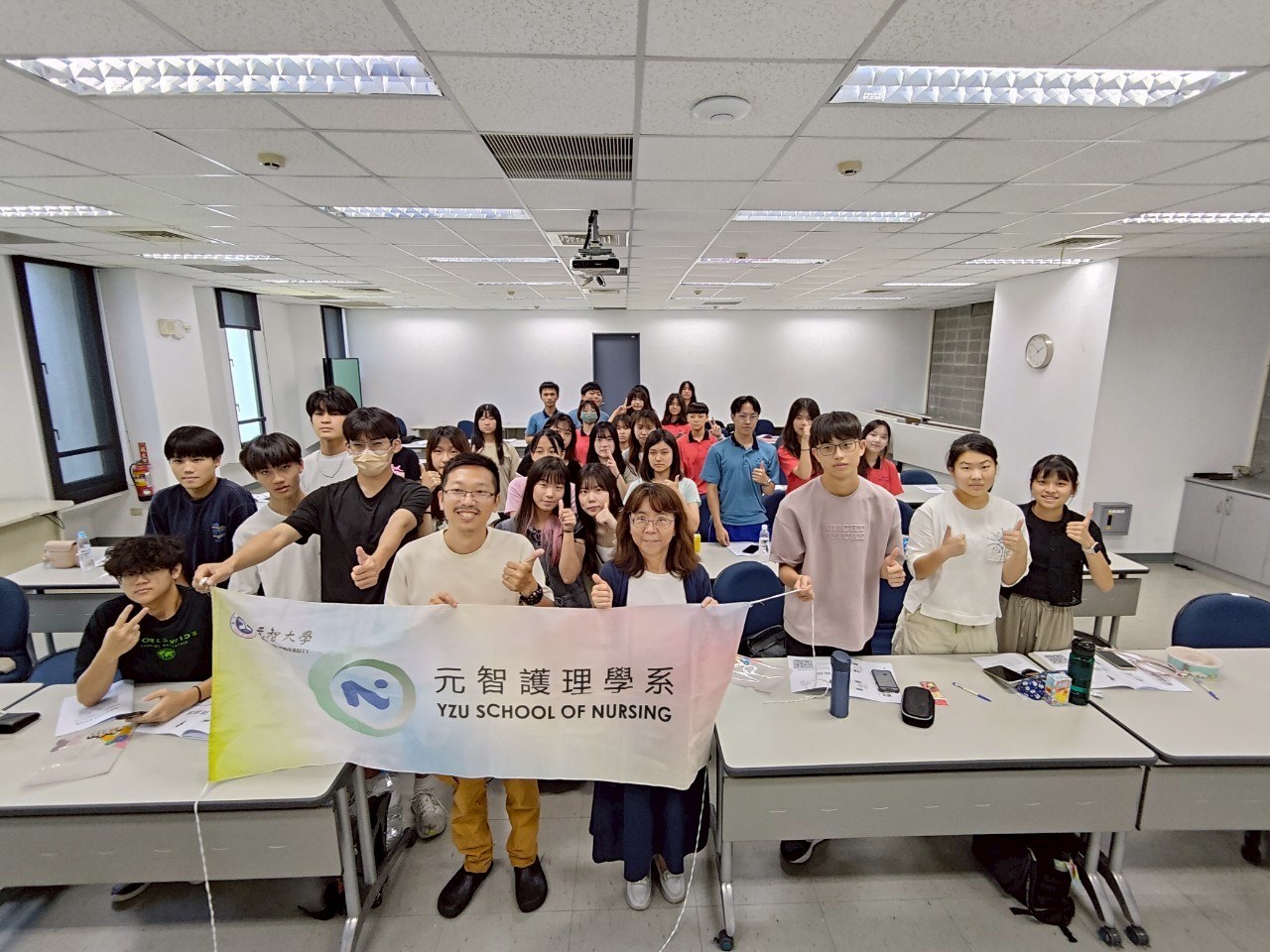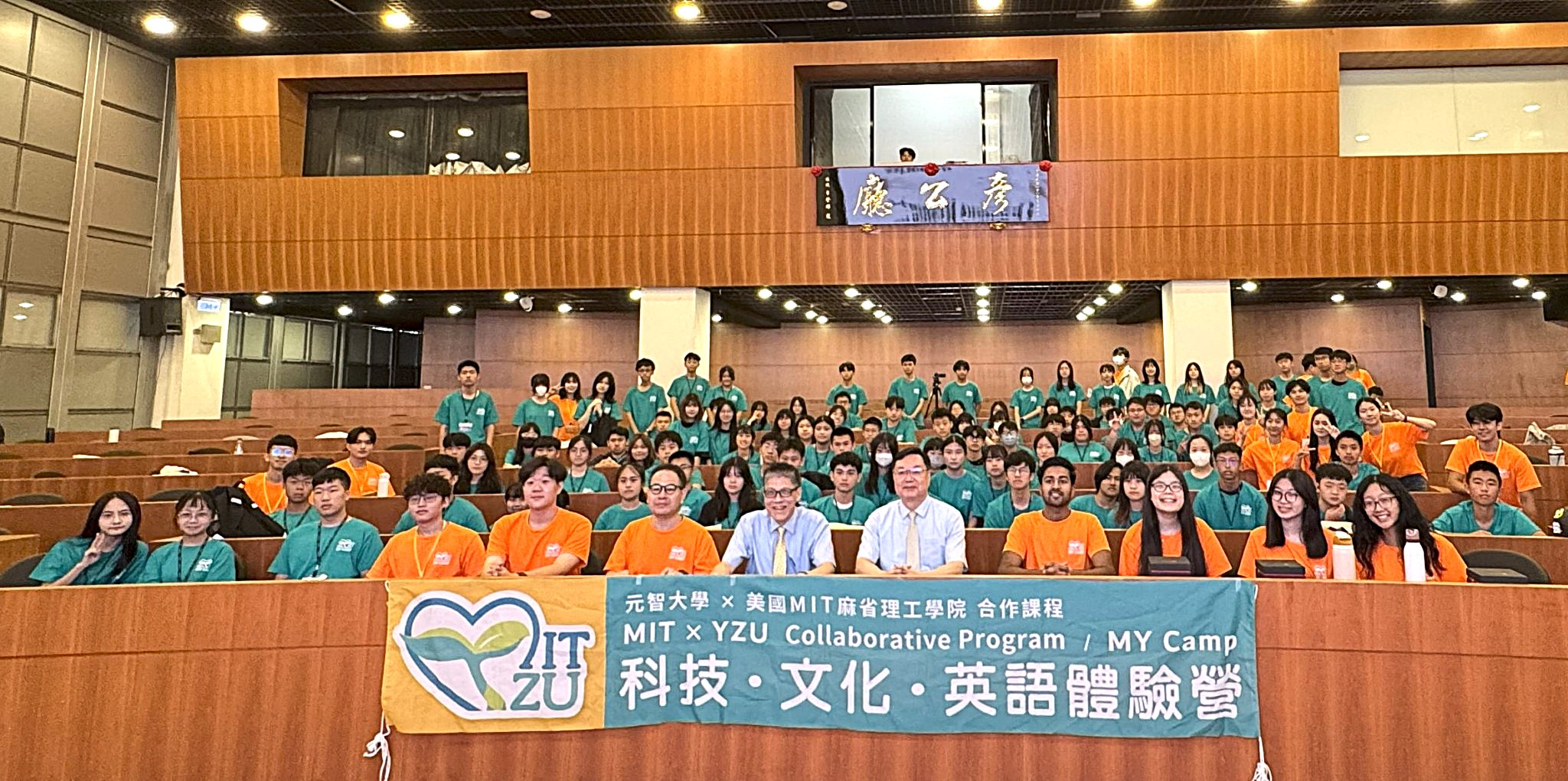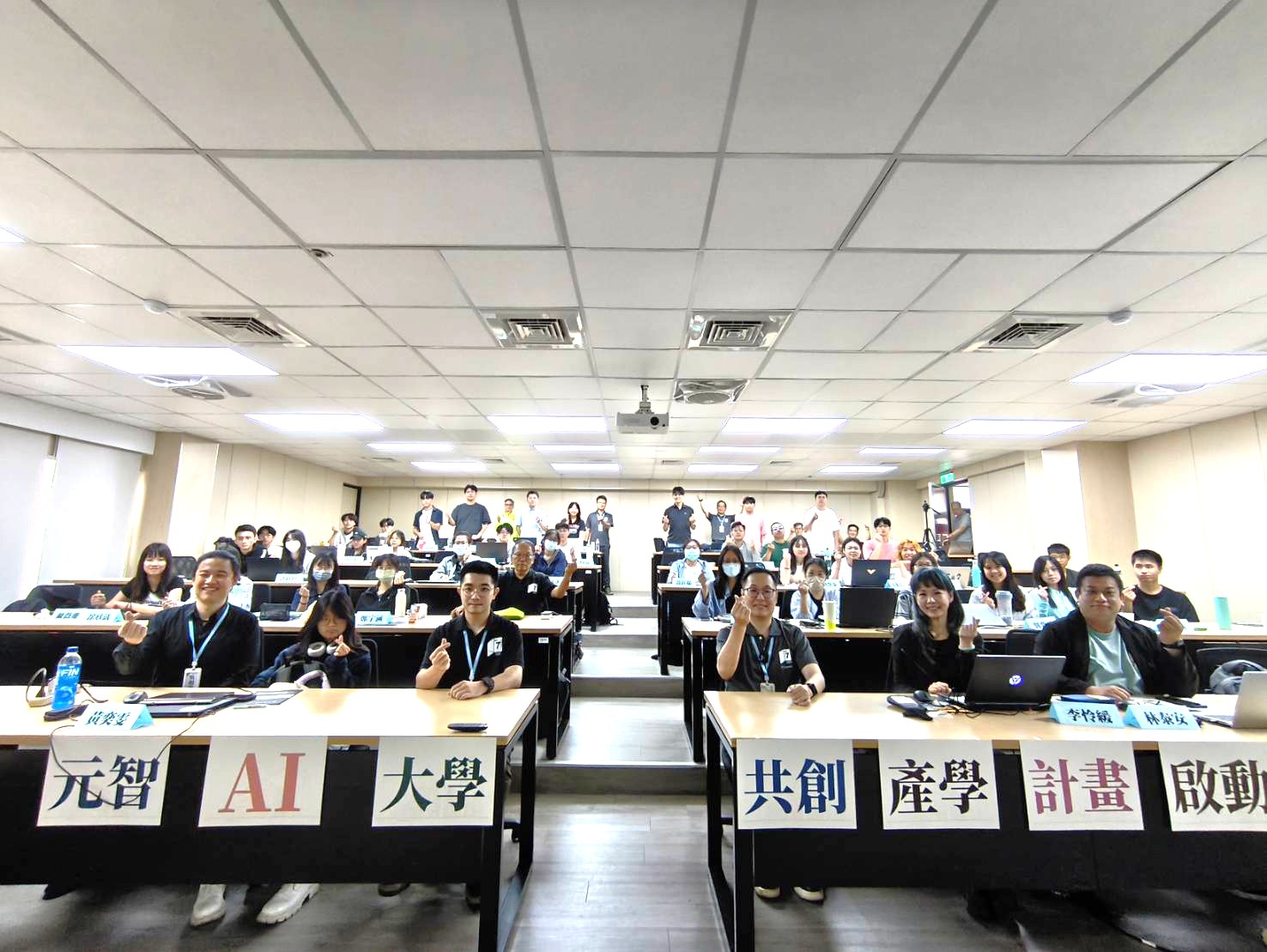On June 20, the College of General Studies at Yuan Ze University held a lecture rich in historical and cultural significance. The session began with Jin-Chang Chen providing an introduction to Taoyuan’s historical background from the Japanese colonial period through the postwar era, which led into the life story and creative journey of the speaker, Chien-Ping Hsieh.
Hsieh described himself as the last death-row inmate for Taiwan independence under martial law. Through this lecture, he analyzed his mental journey for the students. He shared how he transformed those experiences into creative inspiration, ultimately completing his poetry and novel collection Under the Gun.
Hsieh recounted being arrested for his political speech and facing the threat of execution, as well as enduring inhumane treatment in the military. He transformed his history of political persecution into a literary work, utilizing poetry and fiction to express his reflections on power and his commitment to life. He emphasized that he did not see himself as a “political prisoner” but rather as a “prisoner of war” fighting against the government—a self-identification that revealed his strong political stance and belief in democracy. Hsieh argued that a democratic society should accommodate diverse viewpoints rather than silence dissent.
He also shared how he and dozens of university students once faced harassment by authorities but discovered that solidarity and collective action could force the government to back down. This experience underscored the importance of group power in civil society. He encouraged students to break free from the confines of their academic disciplines and develop interdisciplinary abilities to meet the diverse needs of the future. He had extended his background in journalism to architecture, urban renewal, and Taiwanese literature, while continuing to pursue academic research.
The lecture also covered many aspects of Taiwanese history and culture, such as postwar hunger, shifts in identity, the multicultural character of Taoyuan shaped by military facilities and military dependents’ villages, and the demographic changes driven by industrial development. Hsieh discussed the rise of cross-national marriages since the 1980s and their link to broader social transformations.
Regarding Taiwanese literature, he stressed that it had already achieved a mature development during the Japanese colonial period, and was not a mere appendage of Chinese literature. Instead, it was rooted in Taiwan’s unique colonial experience and social dynamics, displaying rich and independent themes. He also mentioned that even in his sixties, he remained dedicated to writing, continuing to explore subjects about human relationships and social realities.
The entire lecture was rich and accessible, helping students not only understand history but also reflect on Taiwan’s cultural roots and their identities.
 English
English  正體中文
正體中文 



